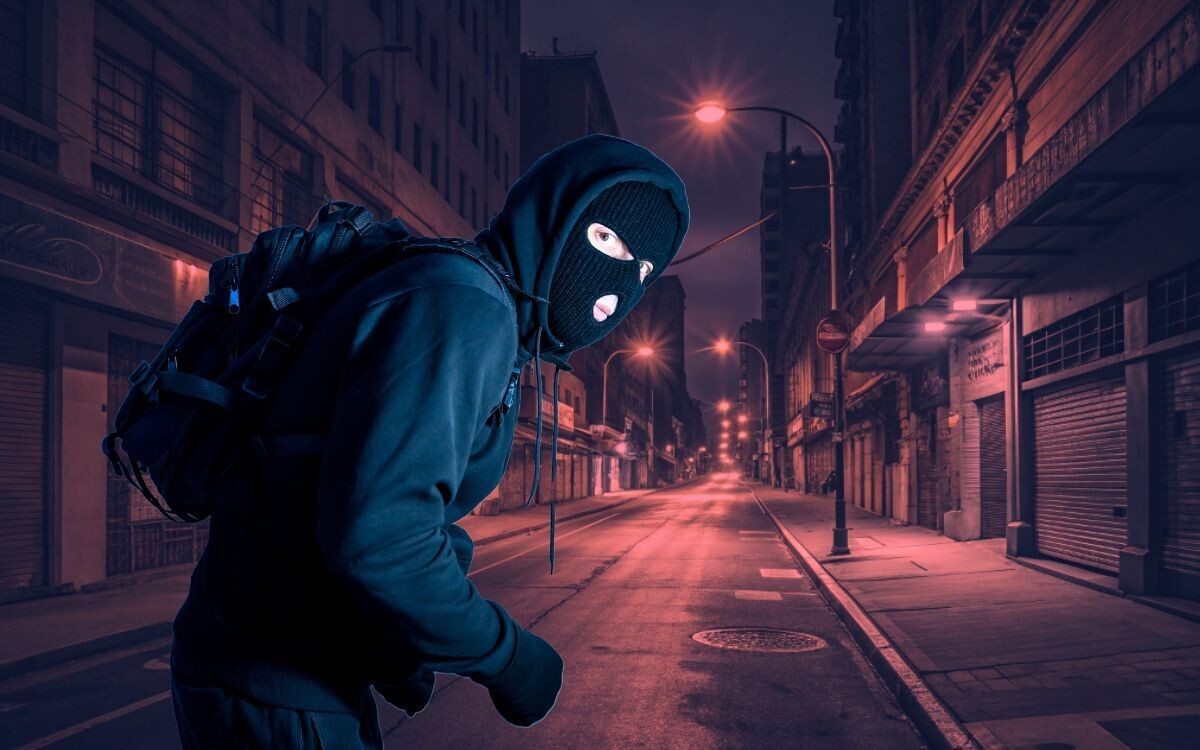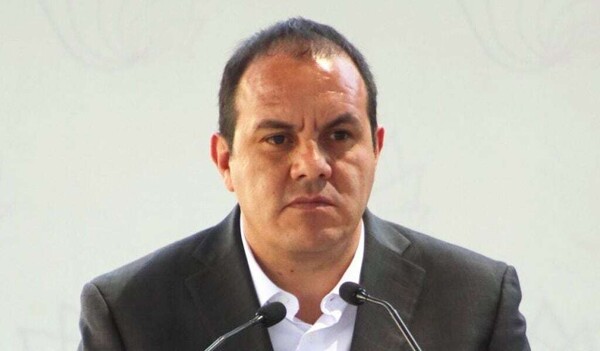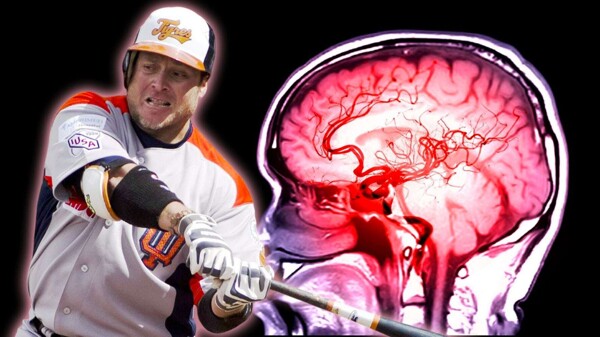
The perception of insecurity among Mexicans increased to 61.7% in the fourth quarter of 2024, during the first three months of Claudia Sheinbaum's presidency. More than half of the population expressed the expectation that security in the country will remain "equally bad" or "worsen."
According to the National Urban Security Survey (ENSU) published by the National Institute of Statistics and Geography (Inegi), more than six in ten residents over 18 years old considered it unsafe to live in their cities during this period. This result is higher than the 58.6% recorded in the previous quarter and the 59.1% of the same period last year.
The perception of insecurity in Mexico had reached its historically lowest level at the end of López Obrador's term, despite the increase in homicides during his administration. Although Sheinbaum's government reported a 16.3% decrease in murders during its first quarter, Inegi's data revealed a persistent gender gap, with 67.8% of women and 54.4% of men reporting feeling insecure.
Regarding cities, Villahermosa showed the highest perception of insecurity at 95.3%, followed by Uruapan, Fresnillo, Culiacán, Tuxtla Gutiérrez, and Tapachula. In contrast, San Pedro Garza García was the least insecure, followed by Piedras Negras, Benito Juárez in Mexico City, Saltillo, Los Mochis, and Los Cabos.
In relation to specific places, the Mexican population reported feeling insecure mainly in ATMs, public transportation, highways, banks, and usual streets. The percentage of citizens who witnessed crimes near their homes reported situations such as alcohol consumption in the streets, thefts and assaults, vandalism and drug use, gunfire, and the presence of violent gangs or groups.













